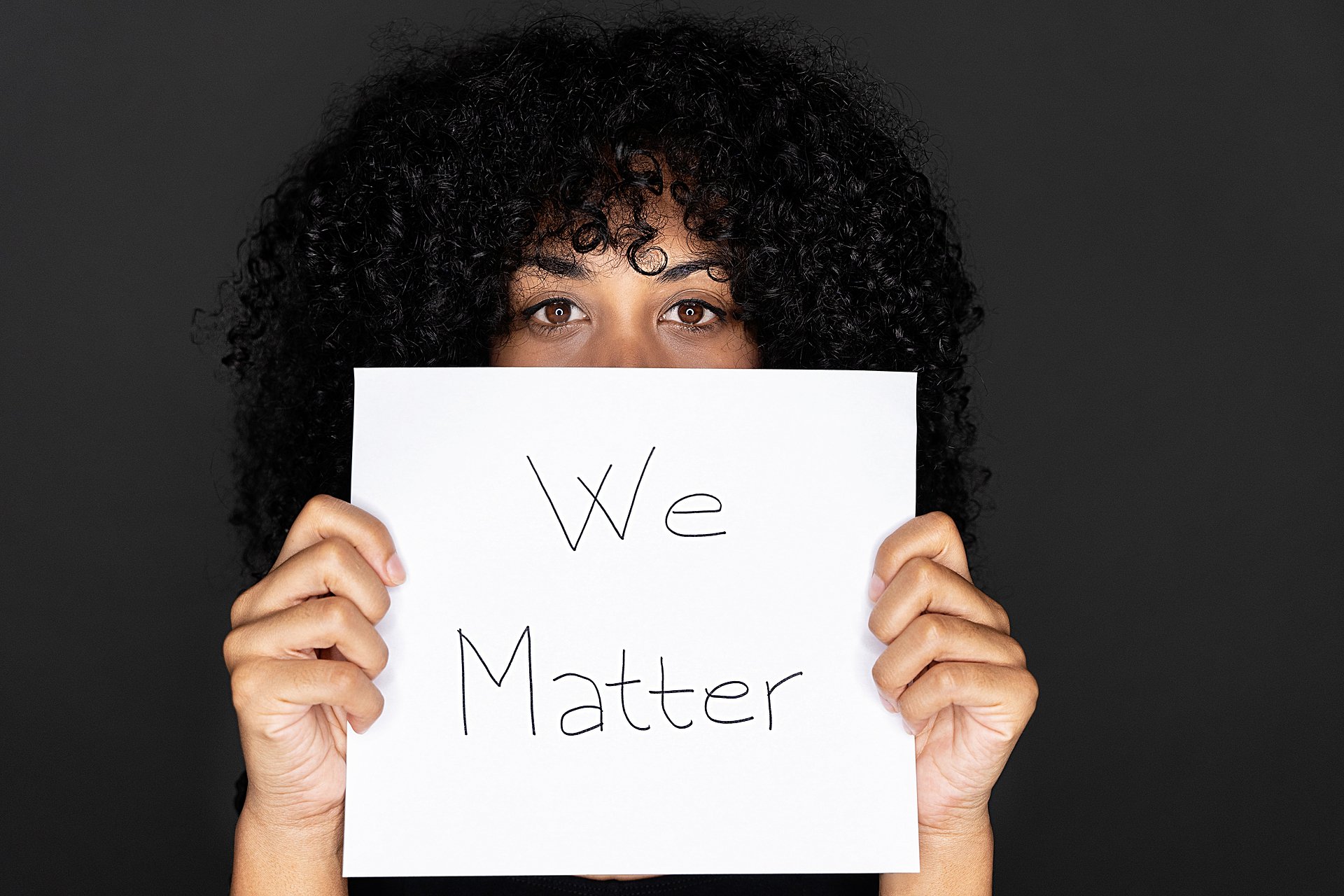
“What we need is a culture where the common experience of trauma leads to a normalization of healing. Being able to say I have good reasons to be scared of the dark, of raised voices, of being swallowed up by love, of being alone. And being able to offer each other: I know a healer for you. I'll hold your hand in the dark. Let's begin a meditation practice. Perhaps talk therapy is not enough. We should celebrate love in our community as a measure of healing. The expectation should be -- I know we are all in need of healing -- so how are we doing our healing work?”
Adrienne Maree Brown
Trauma & Cultural Bodies
Trauma & Colonization
Forced relocation, resource exploitation, land theft, cultural erasure, genocide, war
Slavery, Jim Crow, redlining, mass incarceration
Police, military, & state violence
Cultural, political, religious persecution
Suppression of ancestral and cultural healing practices by colonizing culture
Disconnection from and erasure of land, rituals, languages, community
Reconnection with ancestral healing, wisdom, & ritual practices suppressed by colonization.
Rage, shame, fear, loss, grief, anxiety
Internalization of and mass exposure to toxic colonial narratives of BIPOC & Immigrant denigration, cultural or racial inferiority
Isolation, cultural disconnection, family separation, substance use
Imposter syndrome, perfectionism, code-switching, micro-aggressions, cultural erasure
Trauma & the Body
Healing cultural wounds of heart, body, & mind
Patterns of fear, fight, flight, freeze, feign, or fawn
Patters of cultural fragmentation, isolation, shame, self-blame, powerlessness, estrangement
Chronic stress, anxiety, worry, rumination
Feeling always “on”, guarded, vigilant
Abuse, neglect, traumatic loss, violence
Chronic constriction of muscle, breath, gesture, movement, particularly in relation to social identity
Reconnecting to internal and relational resources to feel safe to shift from surviving to thriving
Reconnecting to flow, sensation, ease, merging, spontaneity, “letting go", play
Reconnecting to structure, form, firmness, holding, grounding, centering, boundaries
Reconnecting to cultural, intergenerational, ancestral resiliences & patterns of embodiment
Trauma & Childhood Attachment
Emphasis in treatment on building a safe therapeutic relationship and going at a pace that feels safe
Chronic childhood relational harm such as abuse, neglect, chronic criticism, abandonment, gaslighting, domestic violence, parental substance use
Chronic unmet developmental needs for love, safety, understanding, empathy, validation, protection, stability, security, structure, & consistency.
Childhood trauma & emotionally immature or narcissistic parenting
Childhood survival patterns of disconnecting from & invalidating your own experiences, needs, boundaries & very sense of self by merging into & caretake others.
Feeling there is no space for you or you have no voice
Low self-esteem and internalized self-blame
Isolation, disconnection, dislocation, emptiness
Building skills to regulate & co-regulate your autonomic nervous system
Developing an embodied felt-sense experience of internal and relational safety and care
Inner Critic & Inner Child work and reparenting
Understanding & working with attachment style within your social, cultural, historical context
Building healthy boundaries and relationships
Trauma & Immigration
Experiences of loss, danger, transition, impermanence
Imposter syndrome, perfectionism, high achievers, cultural-familial pressures to succeed
Cultural, familial, and generational tensions regarding career, identity, and role
Inner critic, self-blame, shame
Caretaking, excessive responsibility, codependency
Familial pressures to serve as cultural broker or translator between first generation and new culture
1-3 Generation Immigrant, Migrant, Diaspora, Refugee stories, narratives, experiences, traumas, & resiliencies
Exposure to foreign/surrogate colonization, regime change, war, persecution, internal colonization
Exile, estrangement, dislocation, displacement separation, isolation, land theft
Suppressing of traditional cultural wisdom
Citizenship, deportation, family separation
Stresses of acculturation and adjusting to shifting, multiple cultural norms, values, and identities
Cross-cultural identity: homeland culture and acculturation into united states
Trauma & Cultural Resiliency
Exploring experiences of social identity at intersections of race, ethnicity, culture, class, gender, gender identity, tribe, sexuality, sexual orientation, spirituality, & immigration status
Navigating cumulative traumatic impacts of of living within systems of racism, sexism, classism, xenophobia, cissexism, ableism.
Protective Factor: Developing cultural resiliencies, healing practices, and narratives of cultural & racial worth, respect, & dignity
Healing multigenerational patterns of internalized shame, otherness, & oppression
Multicultural and/or Multiracial identities: being of or feeling in between multiple cultures, races, ethnicities
Self-blame, self-doubt, inner critic, shame
Imposter syndrome, perfectionism, high achievers, feeling like “the black sheep”, cultural and generational tensions regarding career, identity, or family role
Trauma & Embodied Creativity
Protective Factor: Fun, creativity, spontaneity, & play can be healing ways of being in ones body.
Developmental & cultural trauma can rob us of this inner experience of ourselves.
Ground mental activity in bodily experience and develop a felt-sense of flow, deeper self expression, feeling, energy, movement, & ease.
Dance, mindful movement, storytelling, role-play, art, singing, improv games, drawing, & gestalt parts-work & dialogue to help you reconnect to your inner sense of embodied aliveness, vitality, creativity, and flow.